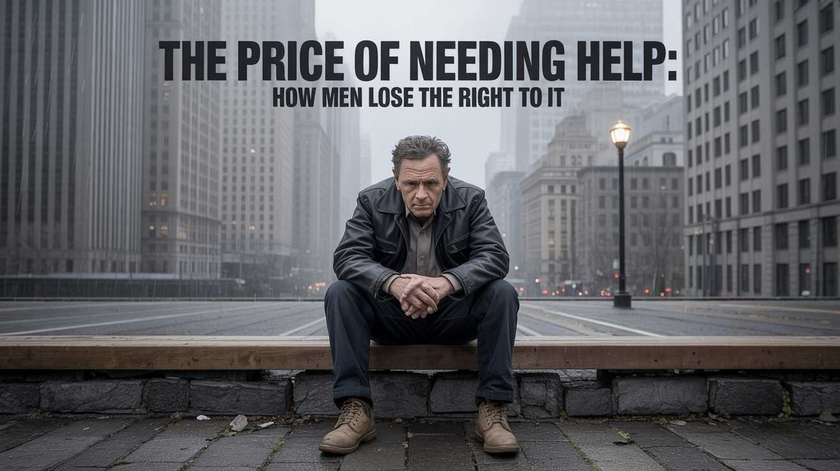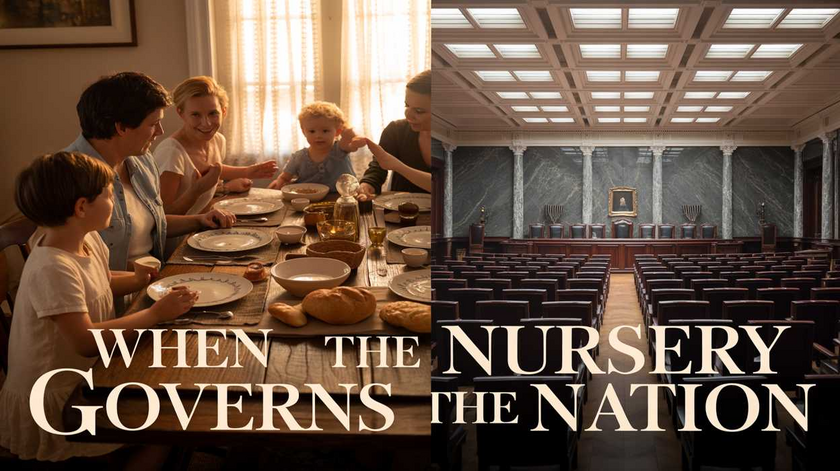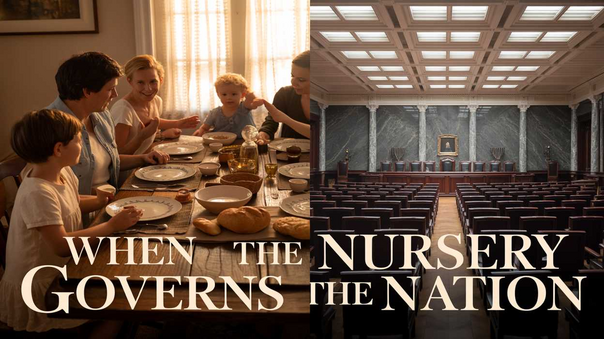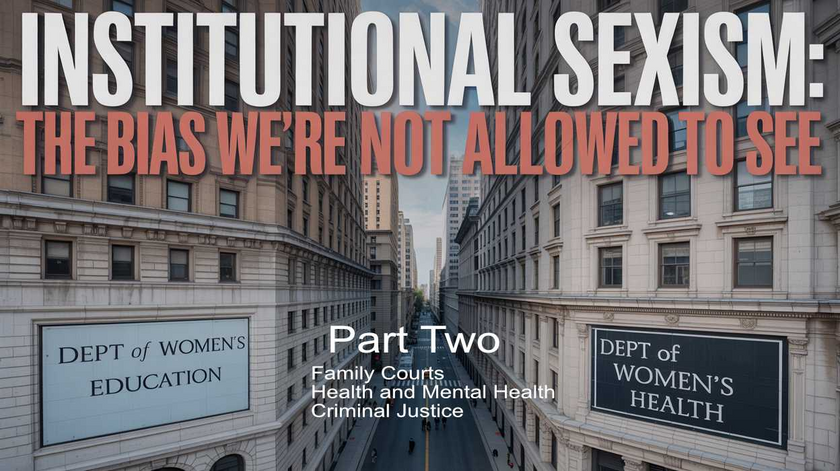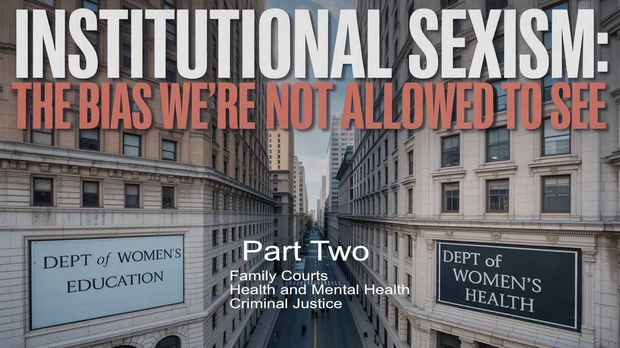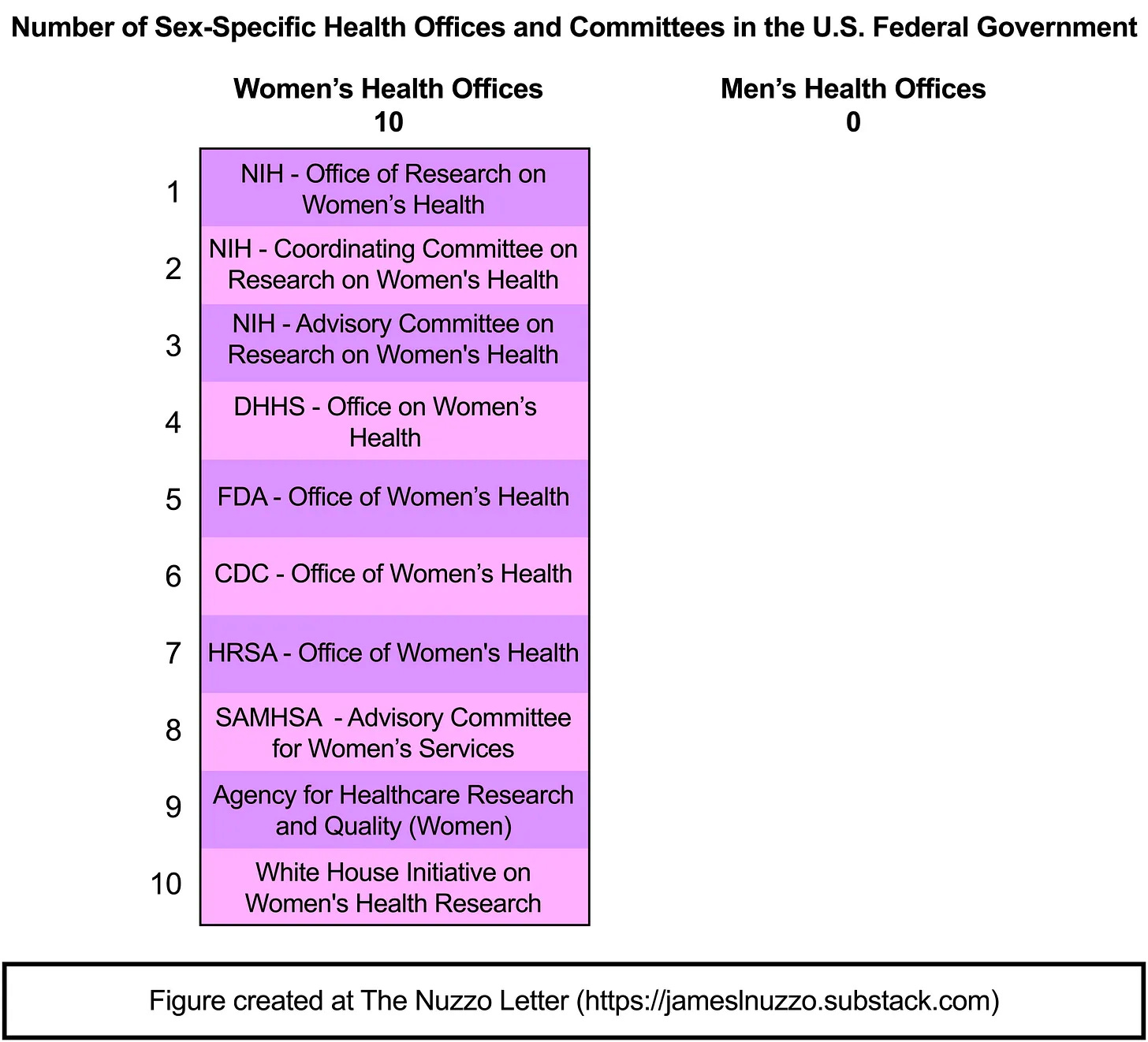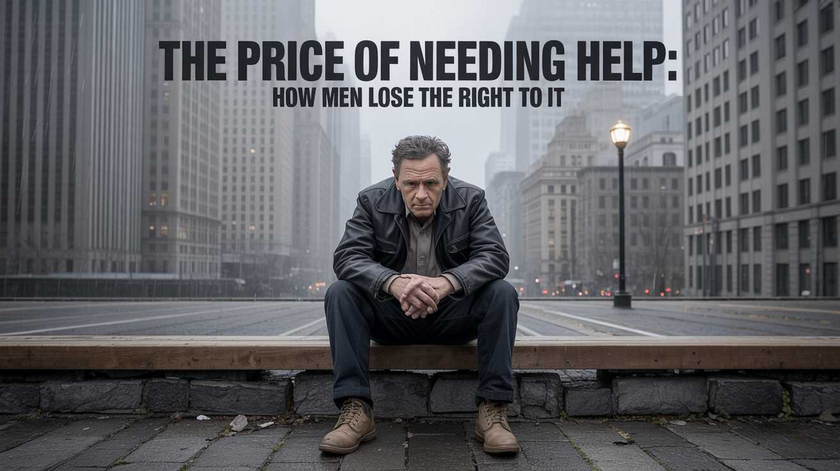
The Price of Needing Help: How Men Lose the Right to It
In a powerful essay on men and homelessness, Peter Marin put into words something most people never stop to see:
“To put it simply: men are neither supposed nor allowed to be dependent. They are expected to take care of others and themselves. And when they cannot or will not do it, then the assumption at the heart of the culture is that they are somehow less than men and therefore unworthy of help. An irony asserts itself: by being in need of help, men forfeit the right to it.”
Marin’s words capture an unspoken cultural law: a man’s value is measured by his independence and ability to provide—not by his humanity. This isn’t just a philosophical problem; it’s a practical one that plays out every day in men’s lives.
The Double Standard of Dependency
When women are in need, the language society uses is sympathetic—“vulnerable,” “at risk,” “deserving.” For men, the same situation draws terms like “lazy,” “weak,” or “failure.” That double standard is so ingrained that when a man reaches a point of real need—whether after a job loss, a divorce, a health crisis, or a mental breakdown—he is often met with judgment before compassion.
And this bias doesn’t stop at individual attitudes. It’s baked into how our systems are built:
Domestic Violence Services – Shelters, funding, and awareness campaigns overwhelmingly target female victims. Male victims are treated as rare anomalies, even though research consistently shows that a significant portion of domestic violence victims are men.
Suicide Prevention – Men make up the majority of suicide deaths, yet crisis messaging, outreach, and resources often use language and imagery that doesn’t resonate with how men process distress.
Mental Health Services – Therapy culture often centers emotional expression in ways that align more naturally with women’s coping styles, leaving men feeling out of place or misunderstood.
Divorce Court – Fathers asking for equal custody can find themselves treated as if they are asking for a special privilege rather than a natural right.
Homelessness Support – Shelters for men are fewer in number, and services can be harder to access because their need is perceived as a personal failing rather than an unfortunate circumstance.
The Cost of Appearing Dependent
Dependency is seen as a violation of the masculine role. That’s why so many men mask their pain behind stoicism, anger, humor, or action—they know that if they show vulnerability, they risk losing respect, opportunities, and even relationships.
The tragedy is that emotional pain is almost impossible to express without appearing dependent. That means men are often forced into a no-win choice: suffer silently, or risk the stigma of asking for help.

One Man’s Story
Consider Mark, a 48-year-old father of two. After a factory closure, he lost his job of 20 years. The bills piled up, and the stress began eating away at his health. He started waking up at 3 a.m. with his chest tight, wondering if this was the heart attack that would leave his kids without a father.
When he finally called a suicide prevention line, the volunteer on the other end told him, “Maybe you should take some time off work.” She didn’t realize he’d been out of work for eight months. When he explained his situation, she gently suggested a men’s support group—only to discover there wasn’t one in his county. The nearest was 90 miles away.
Mark’s wife suggested therapy, but when he went, the counselor asked about his feelings toward his father and childhood rather than the urgent crisis of how to keep the lights on. Mark stopped going after two sessions.
Soon, he stopped asking for help altogether. “I felt like the more I said I needed help, the more I was proving everyone right—that I was a failure.”
Breaking the Iron Rule
Marin’s observation should make us uncomfortable, because it forces us to see the quiet cruelty built into our expectations of men. The irony he points out—that the moment a man needs help is the moment we believe he doesn’t deserve it—isn’t just about homelessness. It’s about domestic violence, suicide services, mental health care, the courts, and every system that assumes men should take care of themselves, no matter the cost.
Because the truth is simple: men don’t stop being worthy of help the moment they need it.
